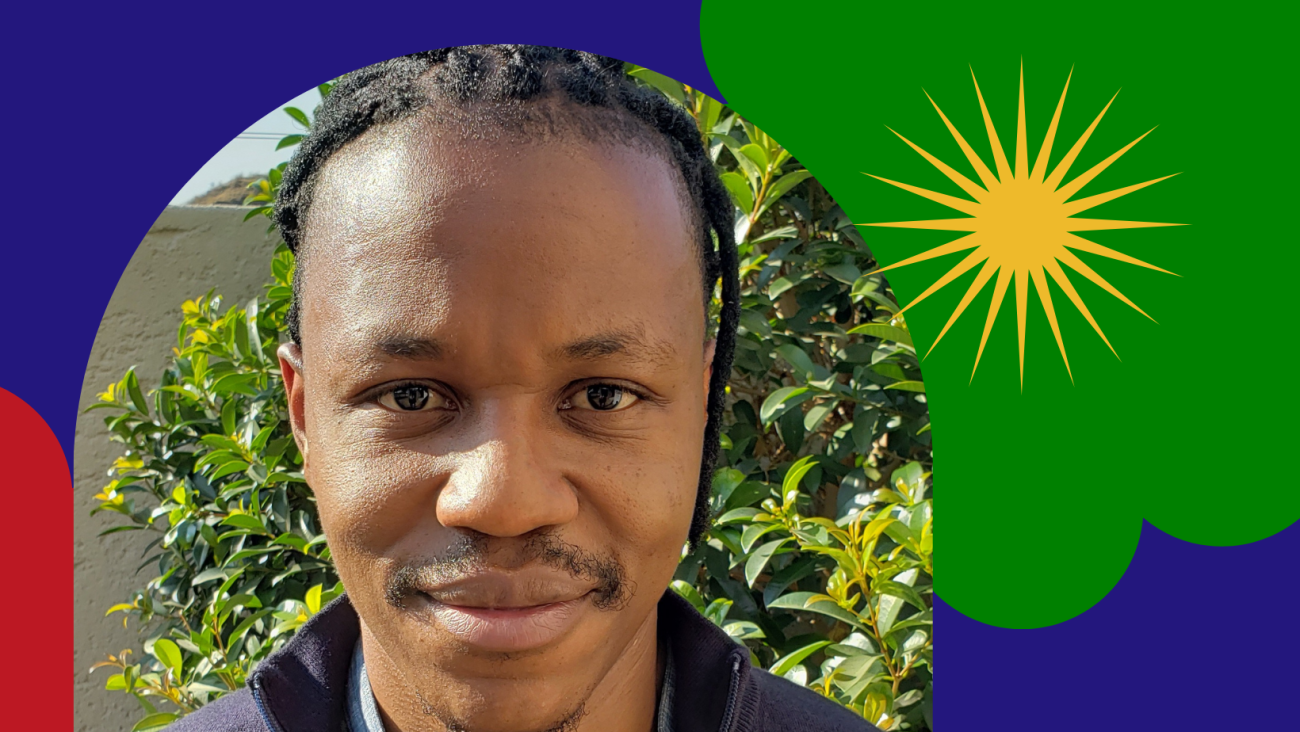What is your work about?
“I research within the field of financial and economic development. I am also the curator for the Global Shapers Hub in Windhoek where we create solutions to social and environmental challenges. For example, ShapeSkills is one of our initiative that trains unemployed graduates.”
How do you describe what money is?
“Money is one means to measure the value of goods that we buy and sell. Money also became means to basic human services. This alienates members of society and puts basic human rights in jeopardy.”
What are approaches to tackle poverty?
“Poverty is a multidimensional experience. It goes beyond having money in your pocket. The key is that all interventions are developed in constant consultation with the communities. It’s important to develop measurable programs that have specific targets.”
Can you give an example?
“I am talking about affordable education to all members of society. This includes early childhood development programs for education, nutrition, social care, and safety. That also comes with creating access to basic healthcare. Providing cash grants or serviced land are other options to tackle poverty. Prioritizing women and girls' rights in social programs is important, given how often women a responsible for managing households. To test the effectiveness of these interventions on we need randomized control trials, so-called RCTs.
How might we rethink the economy to create sustainable solutions?
“Rethinking the economy will require a different perspective of what is a successful economy. The economy is generally measured by Gross Domestic Product which measures the monetary value of goods and services over a specific time period. This measure doesn't take into account the well-being of individual citizens, the quality of relationships between society, the state of the environment and biodiversity, or the environmental sustainability and social impact of business, government, and social behaviors. So poverty levels, inequality, access to basic services, greenhouse gas emissions, gender-based violence, the quality of governance and human rights and so many other issues aren't explicitly taken into account.”
So, what do you suggest?
“I would argue for a more sustainable approach such as those included in Kate Raworth’s Doughnut Economics, theories of the circular economy. There is also a lot to take from the World Economic Forum’s notes on the Great Reset and the UN Sustainable Development Goals.”
“I think that all people should do a simple course on the finance world.”
Do you feel like the finance world is well understood by everybody?
“No, I think the finance world is very complicated and we see this in debates around the 2008 financial crash. I think most people don't really know the many different parts of the financial world outside the banks, which is understandable. Everything I've mentioned is applicable in the global context and because of how interconnected the world is through complex value chains, the internet, culture overlap, and the constant movement of people.”
How might people understand the finance world better?
“I think that all people should do a simple course on the finance world. This will help everyday citizens ask better questions on the impact of finance on everybody's life.
If you could be president for one day what would you do?
“Test the effectiveness of pilot social interventions with RCTs. I would further encourage investment policies, prioritize the allocation of serviced land, allocate resources to public hospitals, and commission a revision of our education system.”
Mpho Katjiuongua works in the area of development, diplomacy, and consulting. He has a background in psychology and philosophy.







